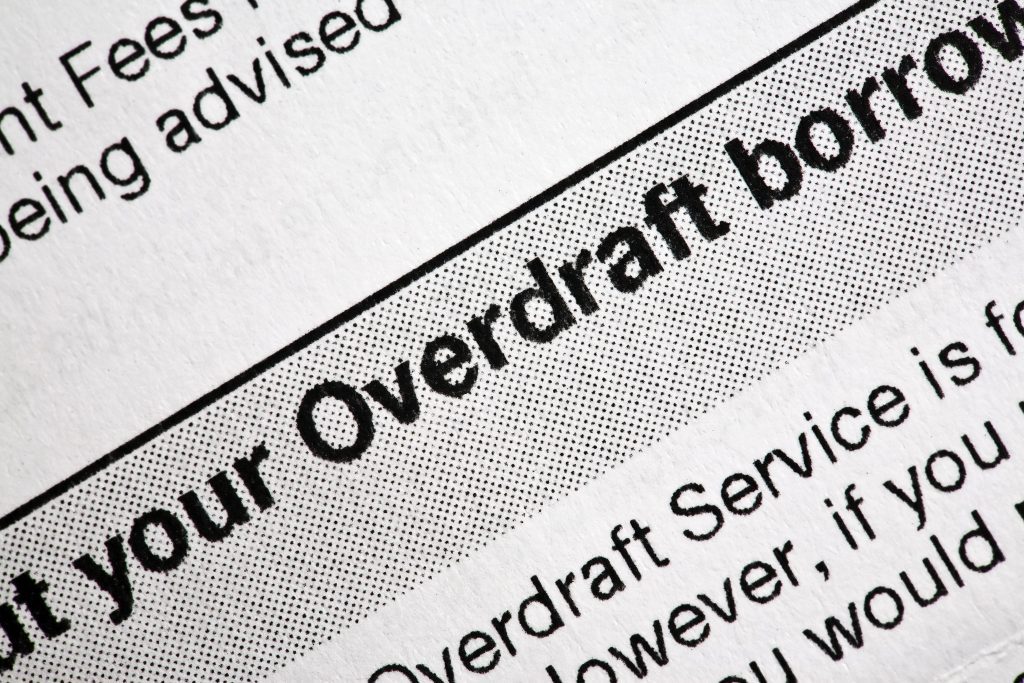The products and services mentioned below were selected independent of sales and advertising. However, Don't Waste Your Money may receive a small commission from the purchase of any products or services through an affiliate link to the retailer's website.
If you have ever felt the sting of a fee for overdrawing your bank account, you are not alone. Banks in the U.S. charged customers more than $12 billion in overdraft fees in 2020 alone.
The five largest U.S. banks (Bank of America, JPMorgan Chase, Citibank, U.S. Bank and Wells Fargo) earned more than 10% of their consumer and business banking revenue from deposit-related fees on average in 2020.
Bankrate’s 2021 Checking Account and ATM Fee Study shows that overdraft fees are at an all-time high, increasing for the third straight year. In the past two years, the average NSF (non-sufficient funds) fee has risen 22 cents to a record $33.58.
Furthermore, banks make a significant portion of their annual fee revenue from this so-called convenience fee. The Consumer Financial Protection Bureau (CFPB) states that overdraft fees accounted for nearly two-thirds of banks’ reported fee revenue for 2019.

For some people, overdraft fees can add up to a sizable amount. According to a 2017 report from the Consumer Financial Protection Bureau (CFPB), 9% of consumers overdraw their checking accounts more than 10 times a year.
This group of people bears 74% of all overdraft fees nationally and is primarily comprised of financially struggling households. Consumers described by the authors of the FinHealth Spend Report 2021 as financially vulnerable and financially coping carried 95% of these fees. People of color are disproportionately affected; the Financial Health Network reports that Black and Hispanic households spent $101 billion in interest and fees on everyday financial services in 2020.
Banks Eliminating Overdraft Fees
Fortunately, several banks have committed to doing away with NSF fees. In December, Capital One became the largest U.S. bank yet to announce it will eliminate all overdraft fees for retail banking customers. A company spokesperson told CNBC that this change will cost the bank an estimated $150 million in lost revenue per year.

In June, Ally, an online-only bank without physical branches, stated that it was dropping overdraft fees. Chime, another online bank, allows you to overdraw up to $200 without fees.
Other banks, such as Chase, PNC Bank and Bank of America, have put features in place to help customers avoid overdraft fees. These include allowing customers to cover overdrafts for free by transferring money from their linked savings account.
Other Ways To Avoid Overdraft Fees
Some experts believe that other banks will follow suit to remain competitive. But if your bank still charges NSF fees, one alternative is to opt out of overdraft coverage.
Bankrate’s Chief Financial Analyst Greg McBride, CFA, also recommends using tools provided by your financial institution.
“Before initiating transactions, use your bank’s app to check your available account balance to avoid overdrafts,” McBride suggested in the 2021 Checking Account and ATM Fee Study report. “The check you deposited yesterday may be counted in your total balance but not be available yet for immediate withdrawal and could trigger an overdraft. Set up a link between your checking account and savings account so you automatically cover any shortfall and avoid overdrafts. Also, sign up for email or text alerts that let you know when your balance gets below a designated threshold.Be proactive to avoid overdrafts as inadvertent slip-ups do occur.”
This story originally appeared on Don't Waste Your Money. Checkout Don't Waste Your Money for product reviews and other great ideas to save and make money.


